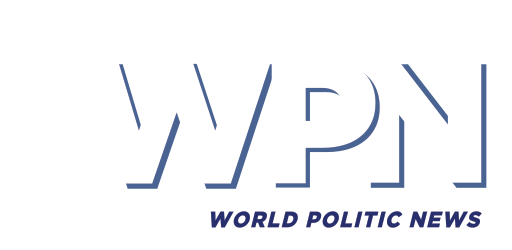
Facebook, via its parent company, Meta, has paid close to $230,000 to Russia for violating so-called banned content legislation. The social media platform had failed to delete content that Moscow deems illegal.
Facebook pays fines for violating banned content laws
The company is not totally out of the woods as yet. In the next week, Meta and Google’s parent company, Alphabet, will head to a court for allegedly violating Russian laws when it comes to banned content.
They supposedly did this on several occasions. If Facebook loses this case, the fine might include a percentage of the company’s revenue in Russia.
Moscow is looking for ways to have greater control over the Internet, while critics say it is time to stand up in the name of freedom. The different laws covering that issue were adopted in 2012 and 2014.
Other popular sites like Telegram and TikTok have also been targeted. Since October, Russian authorities have been trying for Facebook to pay the fine.
Meta has opted not to react after the most recent development.
Twitter was also targeted after reportedly failing to delete content that featured child pornography, minors and suicide, and drug abuse since March.
The website has been slowed down in the country ever since. Moreover, Twitter has denied the existence of illegal content on its platform.
Russian President Vladimir Putin is adamant; the tech giants openly disregard his country’s Internet laws. However, critics argue that Russia is just trying to control avenues where dissent can exist for proponents of freedom.
Russia uses Big Tech as a proxy in the war against the West
Russia is looking to 2022 and wants to force 13 foreign companies to be officially represented in the country. Roskomnadzor, the state communications regulator, is behind these requests that have created a lot of confusion.
Some of these businesses are already present on Russian soil. Moreover, when journalists started digging for more information, Roskomnadzor sent them back to their original statement. No clear details were given in the response.
The state regulator claims that foreign entities that do not respect their laws will see their presence limited in Russia.
Experts in the field say the lack of clarity on the matter is glaring. It is almost as if Russia is making up new rules along the way.
For example, it is not clear how these companies should be represented in Russia. The foreign companies are also instructed to open an account with Roskomnadzor.
Russia’s fight against Big Tech is allegedly political
They also have to make it simple for Russian users to be able to send their feedback. Behind all those moves, the political angle is never too far.
Opponents of the regime have used foreign platforms to get their message across. Social media was linked to some protests in the past.
The campaign against Big Tech has another political element to it. By making it harder for foreign entities to prosper in their country, Putin and his allies hope to bring attention to more obedient local companies.
Moreover, Putin is also indirectly continuing his “war” with the West because most of those companies are from Silicon Valley.
Russia and Putin see Big Tech as part of the opposition, especially after some of the companies subtly pushed candidates linked to Alexei Navalny in the September legislative elections.
Get REAL, UNBIASED coverage of the latest political news and more US news and World news.
Follow us on Social Media for more latest news all around the world!
